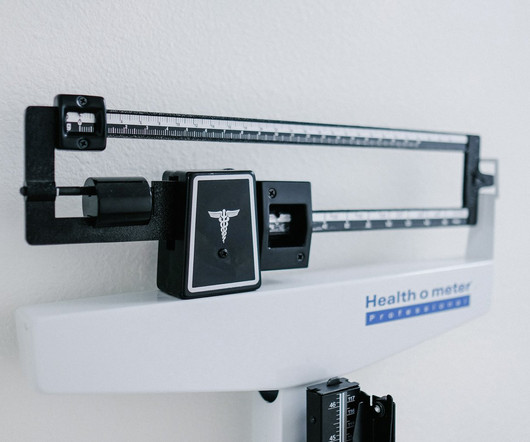Why I don’t do “weight loss” as a primary care physician
Vida Family Medicine
AUGUST 26, 2024
While losing weight is often suggested to lower the risk of chronic conditions like diabetes, high blood pressure, or heart disease, the risk of prescribing weight loss is overlooked. This can be disheartening, leading to a cycle of stricter diets, increased frustration, and worse physical and mental health.














Let's personalize your content